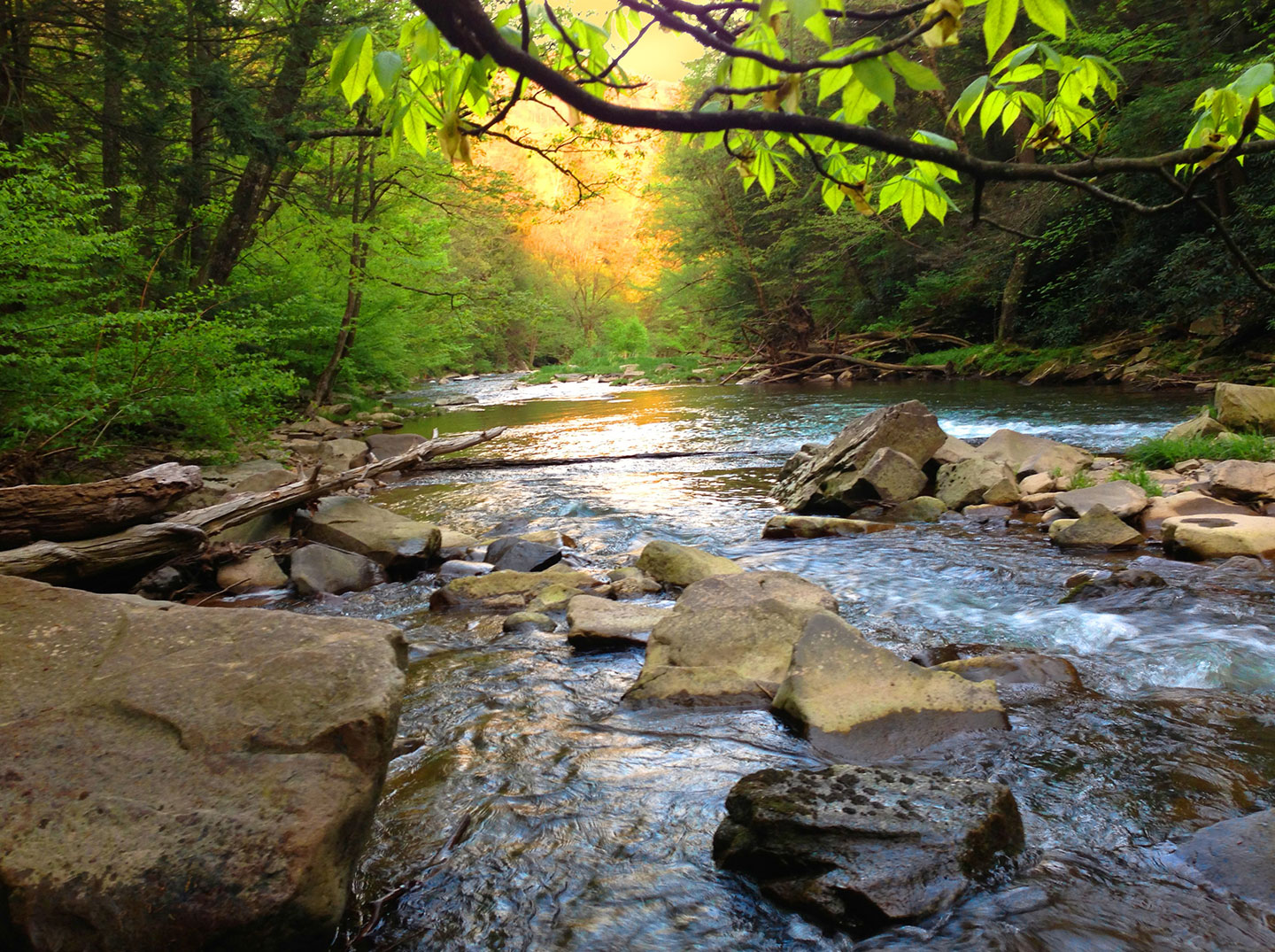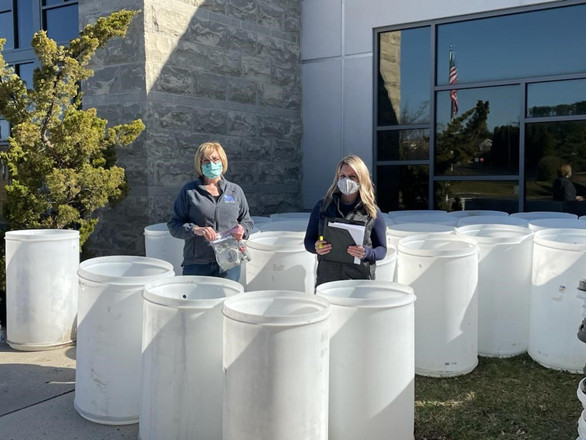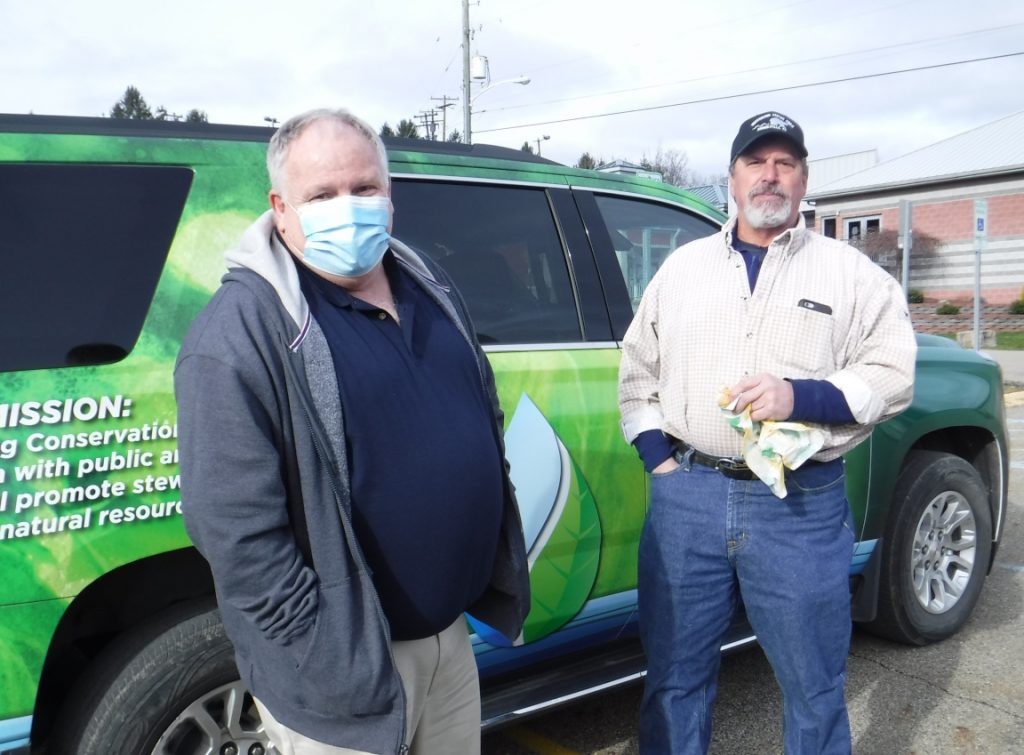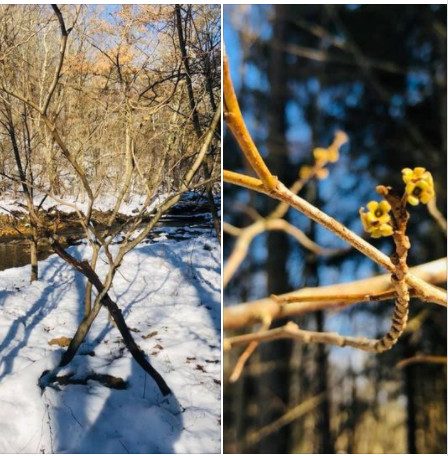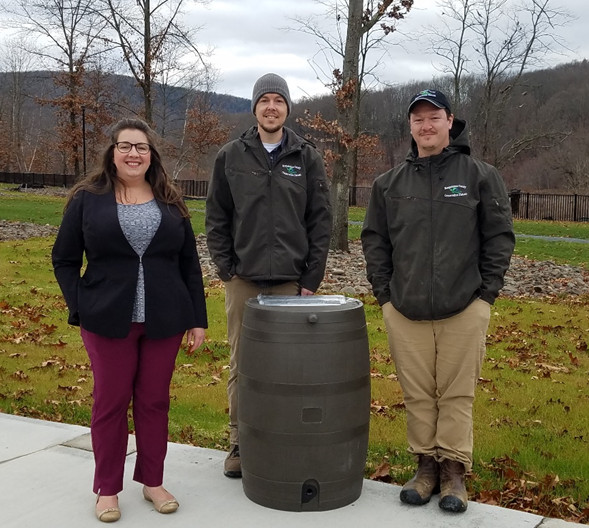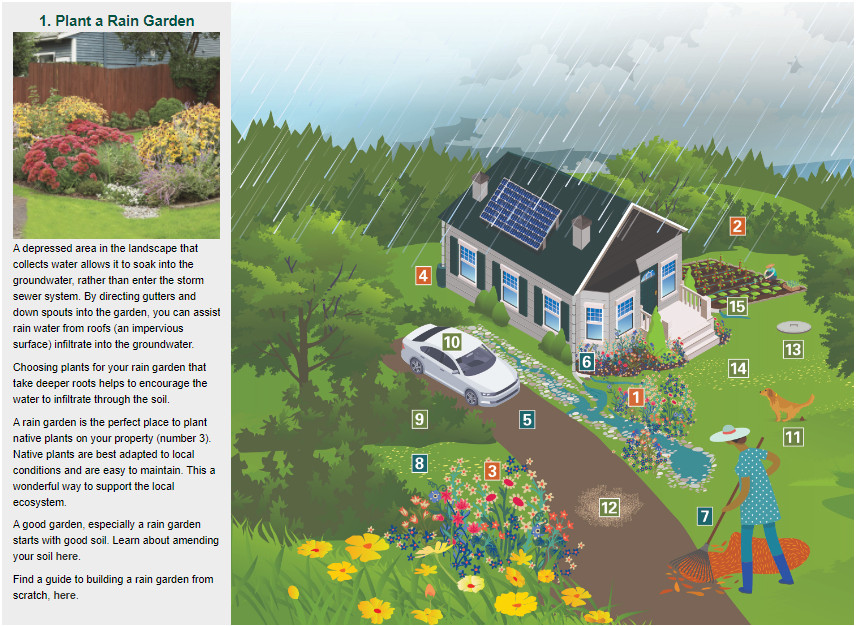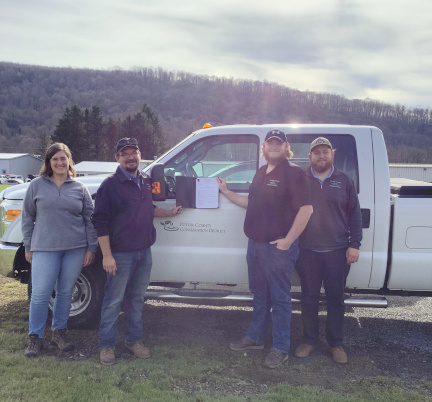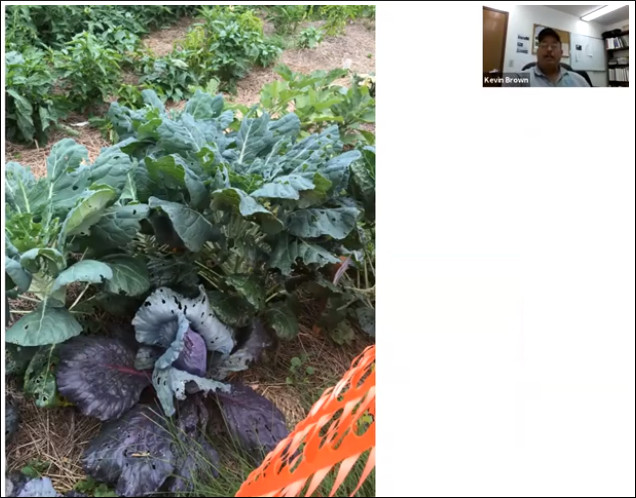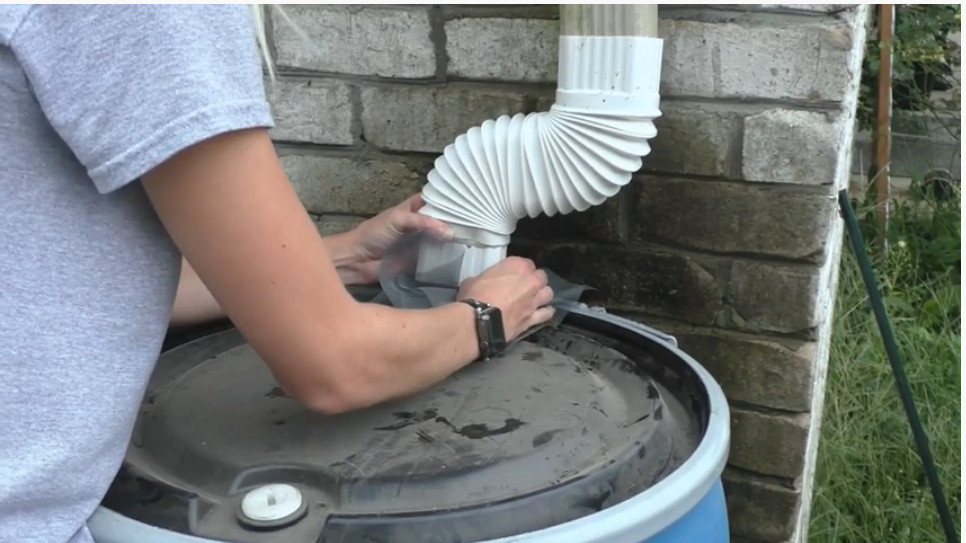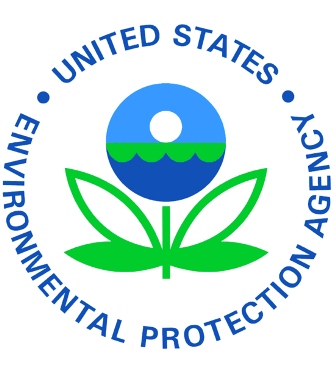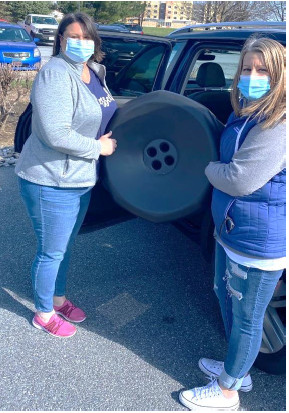
The Lebanon County Conservation District (LCCD) Watershed Specialist Stephanie Harmon held a virtual workshop on non-point source pollution via a PowerPoint presentation. Participants were introduced to the concepts of water quality, quantity, and how homeowners can help minimize non-point source (NPS) pollution in and around their own homes.
Through this grant, twenty-four rain barrels were purchased and distributed to workshop participants. Rain barrel pick-up was held from April 1-2, 2021, at the Lebanon Valley Agricultural Center. Pick-ups were scheduled in 15-minute intervals to implement proper social distancing due to the Coronavirus and current CDC guidelines.
Financial and other support for this project is provided by the Pennsylvania Association of Conservation Districts, Inc. through a grant from the Pennsylvania Department of Environmental Protection under Section 319 of the Clean Water Act, administered by the U.S. Environmental Protection Agency.


